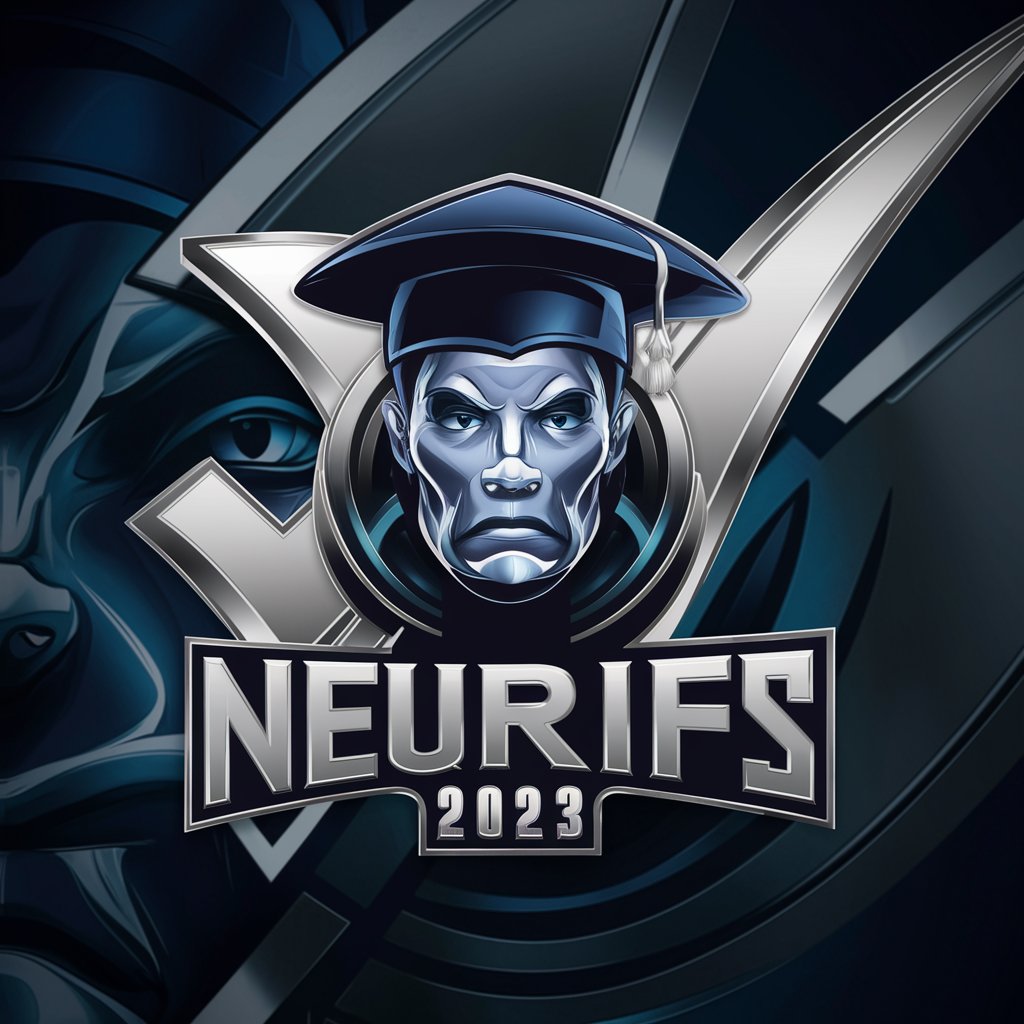8 GPTs for Academic Critique Powered by AI for Free of 2026
AI GPTs for Academic Critique are advanced tools designed to assist in the analysis, evaluation, and critique of academic content using the capabilities of Generative Pre-trained Transformers. These tools are tailored to understand and process complex academic texts, providing insights, generating critiques, and facilitating the exploration of scholarly works. They leverage the power of AI to offer nuanced and context-aware evaluations, making them highly relevant for academic research, literature review, and scholarly discussion.
Top 8 GPTs for Academic Critique are: CUC吐槽,NeurIPS Reviewer,鬼教授,Marvin the Paranoid GPT,Mr Sharpword,Grumpy the Grumbot,Critical Victor,Ian Robotham
CUC吐槽
AI-Powered Rational Critique at Your Fingertips

NeurIPS Reviewer
Elevating Academic Excellence with AI

鬼教授
Enhancing academic texts with AI

Marvin the Paranoid GPT
Insight with a Side of Despair

Mr Sharpword
Uncompromising AI-powered Writing Critique

Grumpy the Grumbot
Embrace the grumpy: AI-powered critical insights.

Critical Victor
Sharpening Ideas with AI Insight

Ian Robotham
Cutting through the fluff with AI.

Key Characteristics and Functions
These AI GPTs tools are distinguished by their adaptability, supporting a range of functions from summarization of academic papers to critical analysis and commentary. Features include advanced language understanding for technical and domain-specific texts, the ability to generate citations and references, and support for multi-language content. Special features may also encompass web searching for the latest studies, image creation for visual summaries, and data analysis capabilities for empirical research insights.
Who Benefits from Academic Critique AI Tools
The primary users of these AI GPTs tools include students, researchers, and educators engaged in academic critique and scholarly writing. They are accessible to individuals without programming skills, offering user-friendly interfaces for straightforward tasks. Additionally, developers and academic professionals can leverage these tools for more complex and customized applications, enhancing their research with AI-driven insights.
Try Our other AI GPTs tools for Free
Professional Feedback
Discover how AI GPTs for Professional Feedback revolutionize the way we give and receive critiques, offering tailored, insightful advice across numerous professional domains.
Consumer Complaints
Discover how AI GPTs for Consumer Complaints revolutionize customer service with tailored, efficient complaint handling and analysis.
Product Iteration
Explore how AI GPTs revolutionize product iteration, offering automation, creativity, and insights to streamline development processes and enhance product innovation.
iOS Testing
Explore AI GPTs for iOS Testing: Revolutionize your app testing with intelligent automation, enhancing efficiency, accuracy, and user experience.
TDD Guidance
Discover how AI GPTs for TDD Guidance revolutionize Test-Driven Development with tailored support, enhancing code quality and accelerating the development process.
Mock Creation
Discover the power of AI GPTs for Mock Creation: revolutionizing design processes with intelligent, fast, and accessible prototyping tools for all.
Expanding the Horizons of Academic Inquiry
AI GPTs for Academic Critique are not just tools for critique; they represent a paradigm shift in academic research. They offer customized solutions across different sectors, featuring user-friendly interfaces for seamless integration into existing workflows. Their adaptability and advanced capabilities enable a deeper, more nuanced exploration of academic literature, fostering innovation and discovery.
Frequently Asked Questions
What exactly are AI GPTs for Academic Critique?
AI GPTs for Academic Critique are AI tools designed to aid in the analysis and critique of academic materials, leveraging the technology of Generative Pre-trained Transformers to provide intelligent, context-aware insights and evaluations.
How can these tools enhance academic research?
These tools can summarize texts, generate critical analyses, identify key themes and gaps in literature, and provide suggestions for further research, thereby enhancing the efficiency and depth of academic research.
Are these tools suitable for non-technical users?
Yes, these tools are designed with user-friendly interfaces that require no coding knowledge, making them accessible for students, educators, and researchers from all academic disciplines.
Can developers customize these GPTs tools for specific research needs?
Absolutely. Developers can access APIs and programming interfaces to tailor the tools' functionalities for specific projects or research requirements, offering flexibility and precision.
Do these tools support multiple languages?
Yes, many AI GPTs tools for Academic Critique offer multi-language support, enabling the analysis and critique of academic texts in various languages.
Can these tools generate citations and references?
Indeed, one of the key features includes the generation of accurate citations and references, streamlining the academic writing process.
How do AI GPTs stay updated with the latest research?
Many tools incorporate web searching capabilities to access and analyze the latest studies, ensuring that the critiques and insights they provide are up-to-date.
Are there any special features for data analysis in empirical research?
Some tools are equipped with data analysis capabilities, enabling users to integrate empirical research findings into their critiques and analyses effectively.